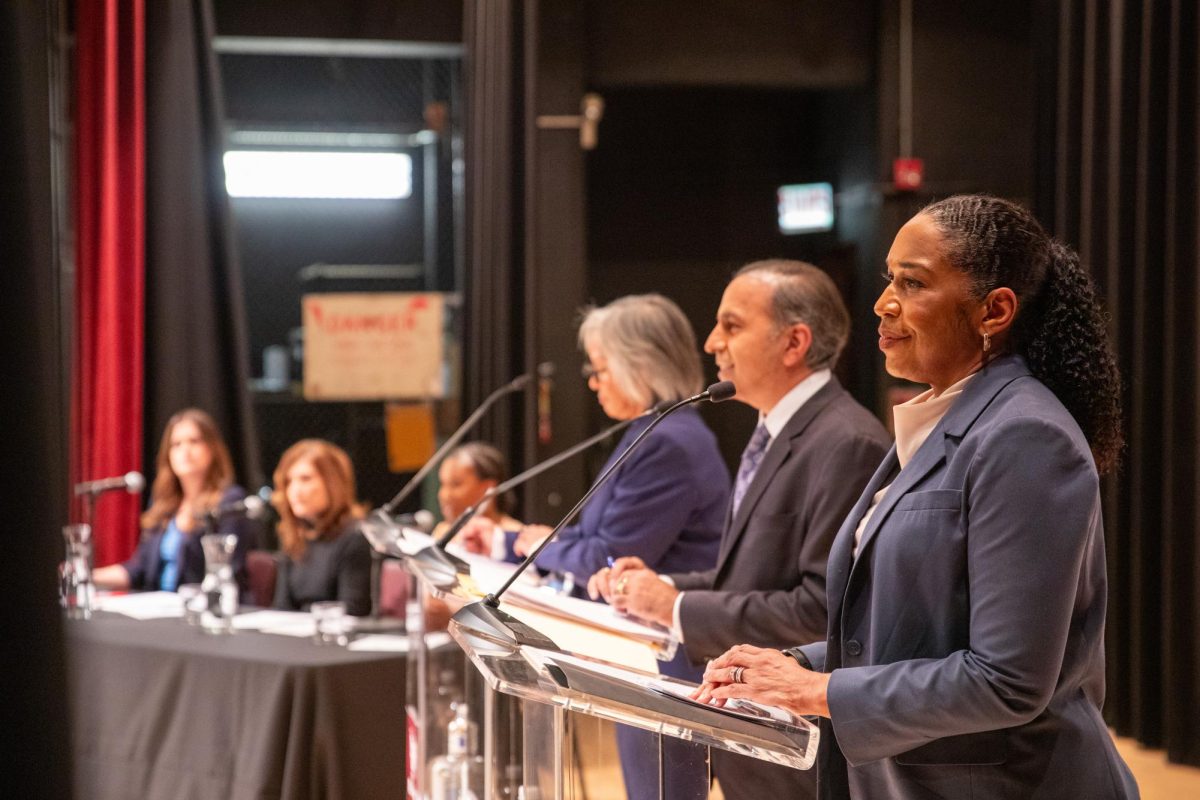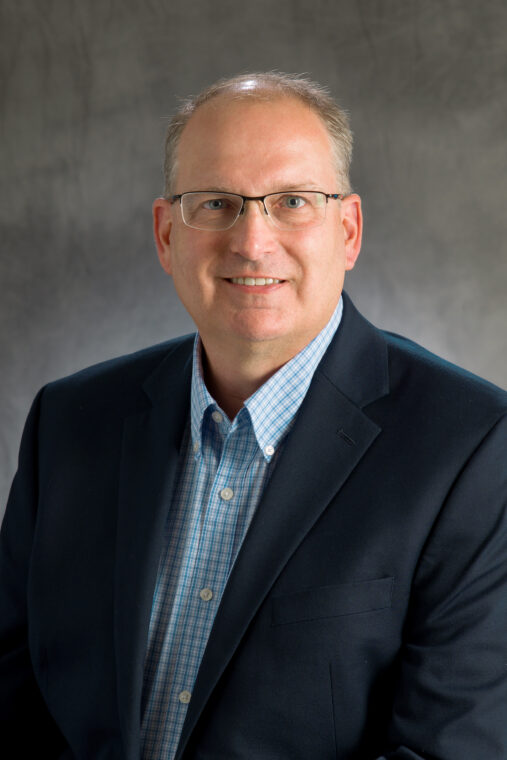Recently, McKinley Health Center doctors have seen an increase in the amount of students without health insurance.
These students, as well as a growing group of citizens nationwide, are trying to avoid health care costs by visiting smaller clinics instead of major hospitals.
“The real frightening thing for us at McKinley, which appears to be a direct effect of the economic downturn, is that students who would ordinarily go to the emergency room with an injury come here instead in order to try to avoid an expense,” said David Lawrance, medical director at McKinley Health Center.
Lawrance said McKinley has seen an increase in students without health insurance, possibly because they have opted out of the University’s student insurance plan.
“Previously, they were covered by a parent’s plan, but then their parents’ situation changed, and now they’ve lost their coverage,” Lawrance said.
Get The Daily Illini in your inbox!
One reason uninsured students may come to McKinley, Lawrance said, is because they can seek help for their medical needs regardless of whether they have medical insurance.
But while the health center acts as the University’s “doctor’s office,” it lacks many necessities for actual health emergencies, he said.
“We are seeing more students than usual coming to McKinley with real, true emergencies, conditions requiring interventions well beyond our ability to provide,” Lawrance said. “Choosing the wrong place to present for care can be a life or death decision in an emergency.”
Sixteen million people use community health centers as their primary means of medical care, according to a 2007 study by the American Academy of Family Physicians.
A 2007 study conducted by the New England Journal of Medicine found that 45 million Americans under the age of 65 were living without health care, and that was before the recession began.
Yadira Montoya, consumer health hot line coordinator at Champaign County Health Care Consumers, said that a large number of Champaign County citizens are without health insurance.
“I started noticing the trend last fall, when we had a heavy load of calls about wanting government aid and Medicaid,” Montoya said.
Although the recession has hit citizens nationwide, Montoya said access to health insurance is an ongoing problem in the Champaign area.
“We had an excess of people without health insurance before the recession,” Montoya said. “We need a health care plan that addresses everyone, because the recession is making the situation even worse.”
Zlatko Haveric, a doctor at Provena Saint Joseph Medical Center in Joliet, Ill., said that patients often go too long without medical attention to avoid payments.
“People will avoid going to their doctors to eliminate the risk of paying out of their pockets,” Haveric said. “Their problems will grow until they are very serious, and end up in the emergency room, thus paying either way.”





